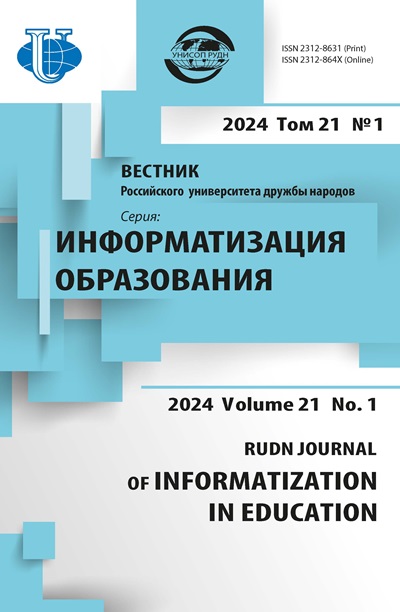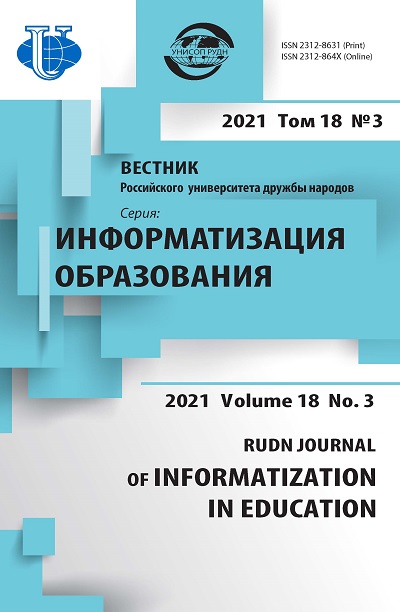Information technologies in corporate training: trends and approaches
- Authors: Polushkina A.O.1
-
Affiliations:
- Russian Presidential Academy of National Economy and Public Administration
- Issue: Vol 18, No 3 (2021)
- Pages: 238-247
- Section: MANAGEMENT OF EDUCATIONAL INSTITUTIONS IN THE INFORMATION ERA
- URL: https://journals.rudn.ru/informatization-education/article/view/29964
- DOI: https://doi.org/10.22363/2312-8631-2021-18-3-238-247
Cite item
Full Text
Abstract
Problem and goal. Within the framework of the study, based on the data of the “Workplace Learning Report” study, specialists from the USA, Canada and other countries, the transformation of corporate training over the past decades was analyzed, the main problems and challenges of companies/enterprises in the process of additional professional training of employees and ways to solve them were identified. The main problems of corporate training at the present time, as in the past, include budget deficit and search for free intervals in the schedules of employees for educational sessions. And the solution was the growth of online training, the use of online platforms, which made it easier to find time in the schedule of employees for training, create opportunities for flexible editing of educational content, and for managers it was easier to evaluate additional professional training thanks to the control tools built into online platforms. Methodology. However, it turned out that not all age categories of employees are ready to expand online training: older age workers prefer traditional or mixed training, as opposed to young people. Results. The study found that the degree of digitalization correlates with the size of the company: the comparative effectiveness of digital tools for additional professional education increases with the scale of the system in which they are applied: a deployed digital educational platform requires very few resources to expand to new branches and employees, rather than classical educational formats that require personal participation of teaching staff. Conclusion. The main trends in the development of corporate training in the coming years are described.
About the authors
Anna O. Polushkina
Russian Presidential Academy of National Economy and Public Administration
Author for correspondence.
Email: polushkina-ao@ranepa.ru
ORCID iD: 0000-0003-2856-3377
senior researcher, Centre for Lifelong Learning Economics
82 Prospekt Vernadskogo, Moscow, 119571, Russian FederationReferences
- Emerson LC, Berge ZL. Microlearning: knowledge management applications and competency-based training in the workplace. Knowledge Management & E-Learning. 2018;10(2):125–132.
- Spar B, Dye C, Lefkowitz R, Pate D. 2018 Workplace Learning Report. LinkedIn Learning; 2018.
- Polushkina AO, Krasnova GA. Features of advanced training of IT specialists. RUDN Journal of Informatization in Education. 2016;(2):107–112. (In Russ.)
- Krasnova GA, Mozhaeva GV. E-education in the era of digital transformation. Tomsk: TGU; 2019. (In Russ.)
- Krasnova GA, Nuhuly A, Teslenko VA. Electronic education in the world and in Russia: state, trends and prospects. RUDN Journal of Informatization in Education. 2017;(3):371–377. (In Russ.)
















